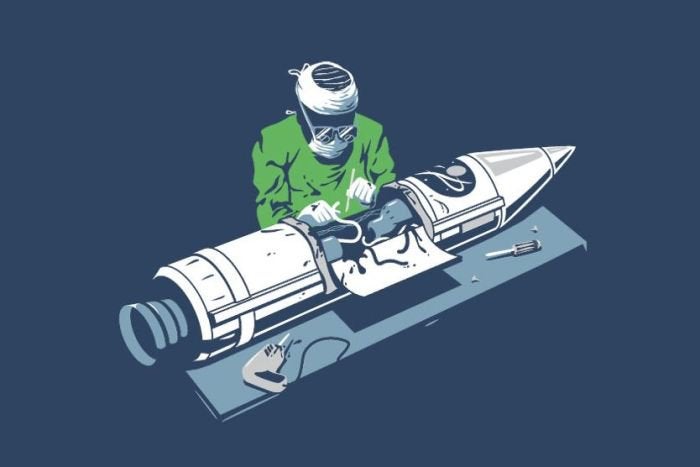OP in the comments: "A part of why I love this article is this great sample questionnaire to determine how fit you are to be making big decisions about the country:
What is your favorite book? (Cannot answer “The Bible.”)
How many languages do you speak? (Let’s be wary of numbers lower than 3.)
What’s your favorite opera? Ballet? (How can we expect arts funding from people who don’t appreciate the arts?)
When did you last use your passport? Where did you go? (If you don’t have a passport, maybe you shouldn’t be anywhere near foreign policy. Ditto if your travels have only ever taken you to Mexico and Canada.)
Who is your favorite political philosopher? Have you read Burke? Paine? (Any good music teacher will tell you, theory first!)
Obviously it's more of a thought experiment than a serious proposal, but imagine if the people making decisions actually appreciated art and travel and culture. It actually sounds like a constituency you'd find in a major European city, with no Billy Bobs in trailer parks to hold us back culturally."
Hmm, I wonder why exactly rural people hate liberals? :thinkin-lenin: Obviously they are just good for nothing disgusting poors. Back to brunch!


Love to limit whose able to do a politics on if you live in one of a handful of places with an active opera and ballet scene.
I went to one opera because it was about jazz and I didn't like it very much. Too much opera, not enough jazz.
What an incredibly narrow and small-minded definition of what "the arts" is.
... and as defined by an incredibly narrow segment of the population at that. This whole thing is just "access to politics should be based on taste."
and that taste must be very rich middle class women's taste
deleted by creator
Opera was originally entertainment for the proles because they were generally open to the public. It became too popular and the bourgeoisie got their fingers in it like they do everything.
But yes I love how "European high art" translates to arts funding. Historically when public arts funding was at it's highest during the New Deal, it went to Death of a Saleman and other proletarian art.